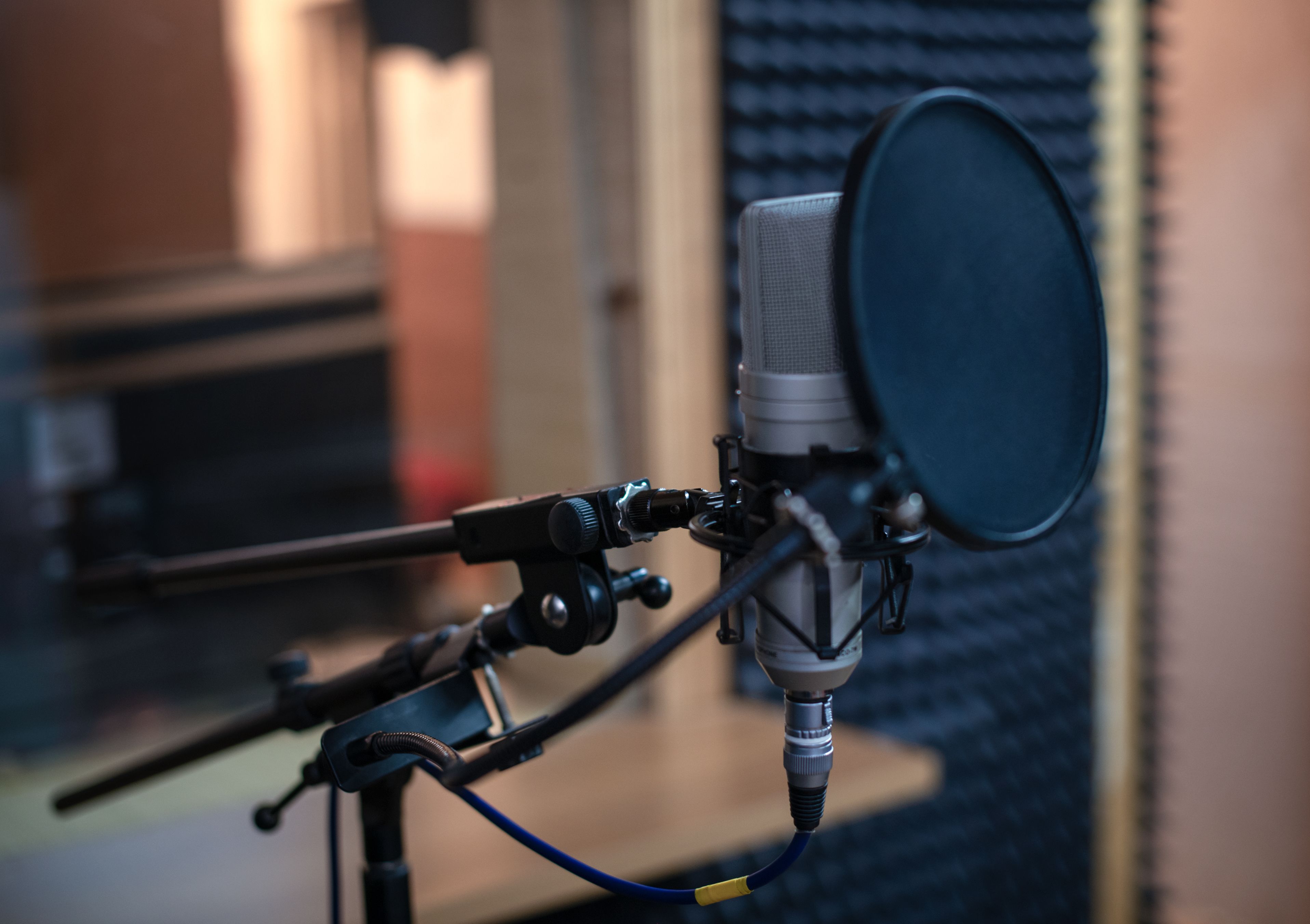Valuable Vocals: The Field of Voiceover Work!

Ever considered the elements that go into creating a video production?
A video production, regardless of its scope, is created from multiple components which includes features such as the artwork, the script, the soundtrack… and the voiceover talent.

Voiceover talent (a.k.a voice-over artists) refers to those who are responsible for recording the off-camera narration/dialogue accompanying video productions.
Thanks to the right choice of voiceover work, certain ads have successfully branded themselves in such a way as to remain popular with the general public- and continue to evoke a sense of nostalgia among their viewers and/or listeners.
A good example of this is the anticipation amongst Malaysians whenever Hari Raya approaches, for the ever-familiar whisper of “Yusuf…Taiyoob…” from the Yusuf Taiyoob date-fruit advertisements.
So, now that we know what a voiceover talent is... that begs the question of what kind of abilities, exactly, would one need to become a voiceover artist? And how important is having a good voiceover to a production? Allow us to break it down for you.
Voiceovers in Production
Voiceover artists record off-camera narration or dialogues which accompany video productions. The function of these recordings tend to vary according to the type of video it accompanies. For generic ads such as infomercials, commercials or promotional videos, a voiceover either:
- Provides additional information; or
- Generates excitement about the product/service/event advertised
Voice-overs are also popular in TV shows and movies- used to narrate internal elements of the plot which may not be obvious to viewers, or to heighten suspense (think the narrators from Mindy Kaling’s “Never Have I Ever…”, or Lady Whistledown’s voiceover in Bridgerton). In news broadcases or documentaries, voiceovers are used to add commentary or context to videos or images (for example, Sir David Attenborough's commentary on BBC Earth).


Skills You'll Need
To be an effective voiceover artist, you must be able to:
- Bring Your Script to Life: While the key role of a voiceover artist is to read out the script tied in to a video production, there is more to it than simply reading some words off paper. You will need to read well and speak clearly as you bring the ideas and concepts conveyed to life.
- Convey Your Message Effectively: Each production has its own message to be conveyed to the audience. In your role as a voiceover artist, you will need to use the right tone and attitude based on the content and underlying message of the production you work on.
For example, a public service announcement for a blood donation campaign would require a serious, sombre tone in order to have an actual impact on viewers. On the other hand, a documentary on baby animals would require a more upbeat, cheerful tone to suit its content.
- Craft an Identity: Depending on the needs of the production, a voiceover artist may be asked to "create" a specific voice or to speak in a certain style when script-reading.
For advertisements, a distinct style and tone could play a major role in branding- while for TV and film productions, a certain tone of voice or style of speech (or even the creation of a specific character for voiceovers) would be crucial to the setting of the piece. (Here’s where any form of acting experience also comes in handy!) - Be Flexible: For certain video productions, you may find yourself having to do multiple takes of the same script. These variations could be in terms of tone or vocal style, emphasis on different words, or maybe even (in multilingual countries) in terms of language! This enables the director to look sort through a range of options and pick the voice-over that best fits the purpose of the video.


Think you have what it takes? Then it's time to use your voice!
When you do begin though, be prepared for plenty of practicing and experimenting as you find your voice (no, not what the Sea Witch stole in the Little Mermaid- keep reading) and develop your own unique style.
Once you’ve discovered that- the world's your oyster. Good luck!